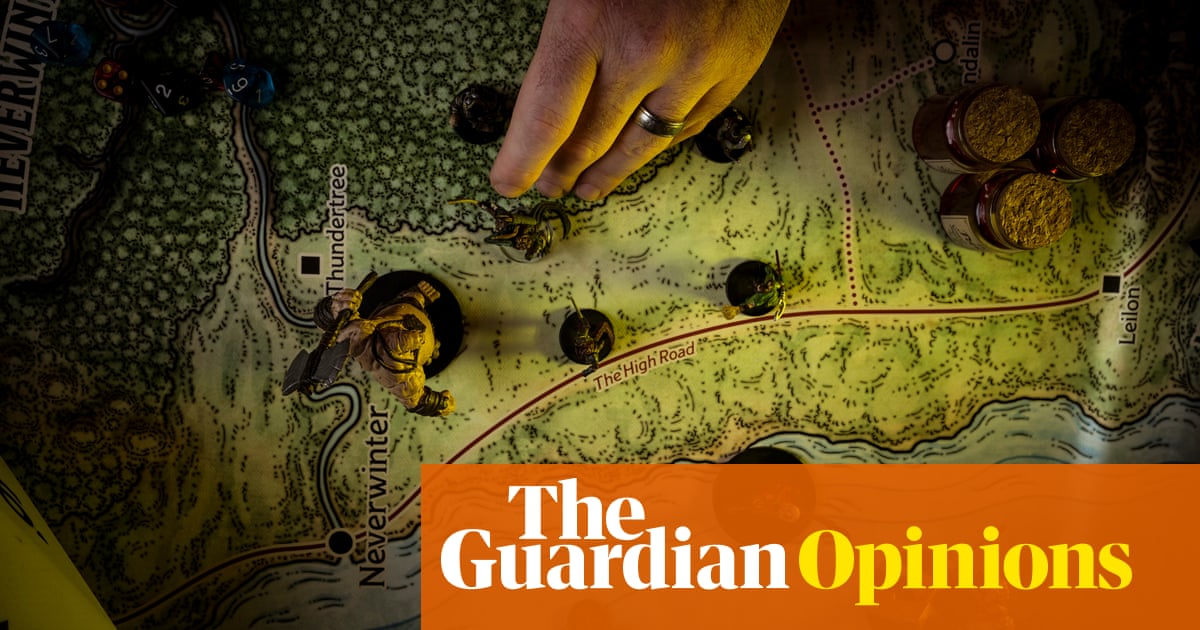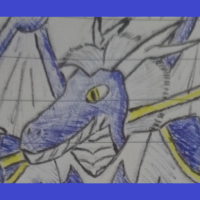
I mean, even as a DnD player, I appreciate that you DO need to turn a profit as a company, and I enjoy my favourite hobby getting wider attention. I’m actually not opposed to them making this into a bigger franchise because I think that it IS suitable to fill that sort of Marvel role, contrary to the article. It has clearly defined heroes and villains, iconic designs, and very flexible storytelling, all of which CAN be compared to a more mature Marvel. Making a handful of recognisible heroes and villains and promoting them honestly seems like a perfectly sensible and legitimate business tactic.
HOWEVER.
As a DnD player, I also actively dislike the story design in most official content because it’s painfully generic. Everything is made to be very comfortably within the realm of mass appeal and staying within the realms of conventional fantasy. They have unspoken rules and tropes that they simply Do Not Violate and as a result they struggle to craft stories that aren’t predictable. They are noticeably complete shit at having any idea how to make a force for good that’s more powerful than the players that isn’t used as a punching bag to make the players feel like they’re in danger. And my point is that they COULD and should take more risks when doing storywriting and character design, because the nature of DnD is that even if you totally fuck something up, because everyone runs their own worlds a retcon isn’t going to destroy everything- and more than that, writing out a story, while time-consuming and requiring effort, is nowhere near the money sink that a movie is. It’s fine to take risks! Defying conventions is OK! It’s completely fine if not everyone likes each product, so long as it’s well-made on the whole!
Otherwise the game is also super unbalanced (I know this because I have extremely extensively created homebrew for it, I can tell you EXACTLY how and where it is unbalanced), although this isn’t as bad as it would be in a lot of other games because you won’t really notice the balance issues if you’re just playing a casual game with your friends. If one of your friends is trying to play the game optimally though, then they can rapidly make the game unplayable by taking advantage of especially unbalanced parts of the game.
And this is to say nothing of the fact that the absolute greatest strength of DnD is the fact that players can do whatever they want. So trying to make stuff that tells players they need to act a certain way is only going to diminish that strength.
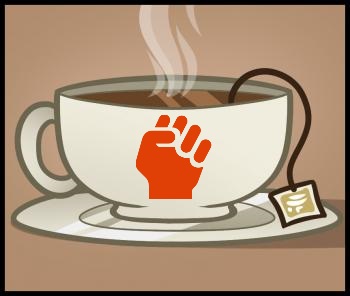
WotC have been bouyed by the fact Magic: Universes Beyond has turned a quick buck, at the expense of longevity (turning mtg from a unique game to just a game mechanism to shill pop culture IP).
WotC is going through it’s enshittification stage… ruled by executive bean counters, not passionate creatives…

Producing content you don’t like isn’t remotely close to “enshittification”.

Producing content entirely to gather attention in the hopes of boosting sales is exactly that

That’s literally been their business model since the beginning, it just used to be that the content was Umezawa’s Jitte or Chrome Mox and now it’s Gandalf or Doctor Who.
The real pack sellers are power creeped cards, not the IP of that set.

It really isn’t. What you’ve described is every business plan ever, not psuedo-rent seeking or lessening the product for profit. You not liking their new choices is a personal problem, not an issue with the company.

I just left the system tbh and bought Pathfinder 2 stuff instead. WotC is not to be trusted (anymore) sadly.
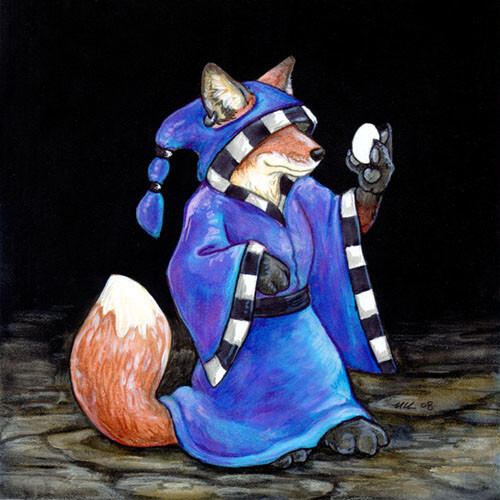
I found Changeling: the Dreaming and have never looked back.

Thx I love checking out new stuff

Same. Also a bunch of Powered by the Apocalypse systems.
There seems to be a lot of attention on WotC actions, so I guess people are concerned that it might work to turn D&D in this dreaded “lifestyle brand?” Statements like the “it won’t work” in the title serve to convince yourself then.
I don’t care about WotC. There is no threat to anything I’m playing. If they destroy the D&D brand, so be it.
Could it still affect me negatively? Maybe indirectly. If D&D blows up, then RPG community probably shrinks and fewer people join. The most popular game is the entry game for many after all. So it will hurt the many small indie creatives too. Maybe there will be a painful correction. On the other hand, it probably results in a more healthy and resilient community afterwards. Still, I would feel sorry for the people who live on a small RPG business now which might not survive a D&D implosion.

It has merchandised in the past with some success.
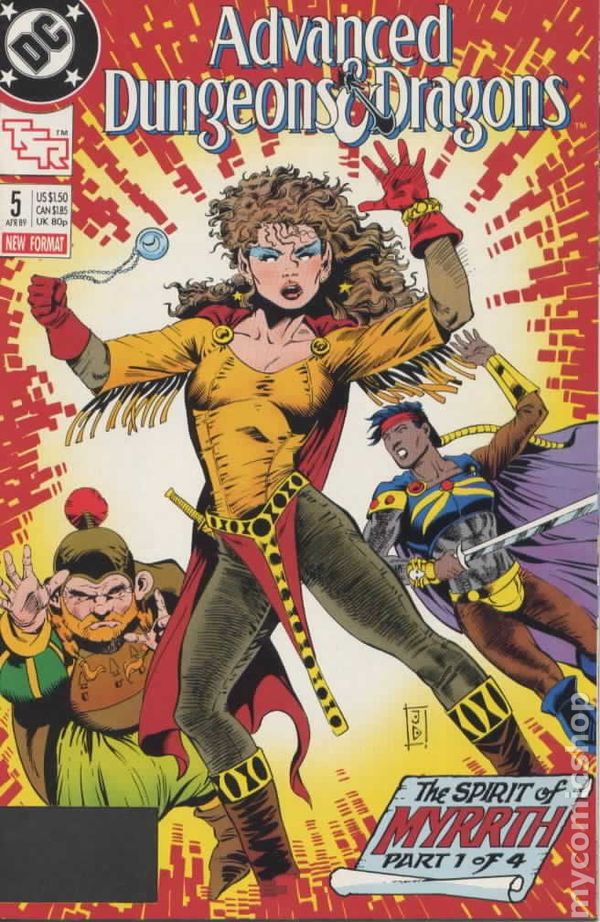
Back when TSR was sold out from under Gygax’s clutch, Lorraine Williams tried some similar marketing, there was a beach towel with Dungeons and Dragons’ red dragon in this design:
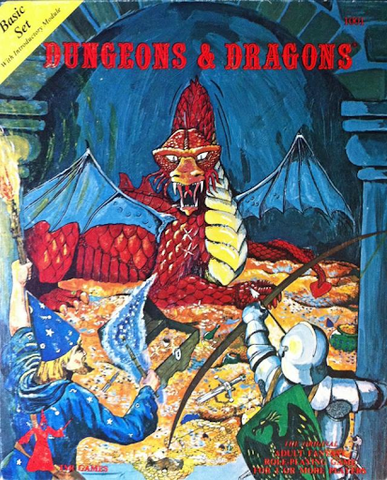
Only as I recall it, the lettering and dragon were pink. I have never seen it posted online, and I didn’t buy one*. I don’t know that many sold.
*Of course there was this whole Satanic Panic back then, and why would anyone want to advertise they played D&D at a pool where likely everyone would have given you a bunch of crap for playing “the Devil’s game”?
After seeing Forbes write about D&D on multiple occasions, years of RPGs in video games, 50 years of RPGs being in society, a successful movie, and absurdity of the 80s situation gone, it could work now.

That DC cover immediately sent me to 90s X-Men in space stories.

Ok, but, global billions of moneys can make the shittiest things happen.
And, when in doubt, go FOSS. Not foolproof, but democracy is inherently better enforced.

i mean these days you don’t really need to buy the books to play- you can learn how to play from an Actual Play, reference the rules in a VTT, and have your DM learn from a youtuber. that really leaves WotC either in the business of making solid modules and supplements, or just making knick knacks- and they’ve clearly chosen the latter, at least until they can force whatever subscription model they can on the exclusive VTT they’ll have for 6e

Most folks never did need the books to learn to play. You’ve always been able to learn D&D by somebody (usually their DM) explaining it. But many people end up buying books and things once they’re engaged.
Like any hobby, people spend money on it when they want to. Those solid modules and supplements you mention would be a bit part of that, but also how people feel about the company they’d be supporting matters a lot (this is the so-called “reflective reaction” Don Norman writes about in his book Emotional Design) .

Not to mention the basic rules are just available online for free via the SRD. They don’t contain any lore, flair, or images. It’s strictly the rules of the game.

I’ll never switch to 6e
It sounds bad to say and 5e was an expensive upgrade
